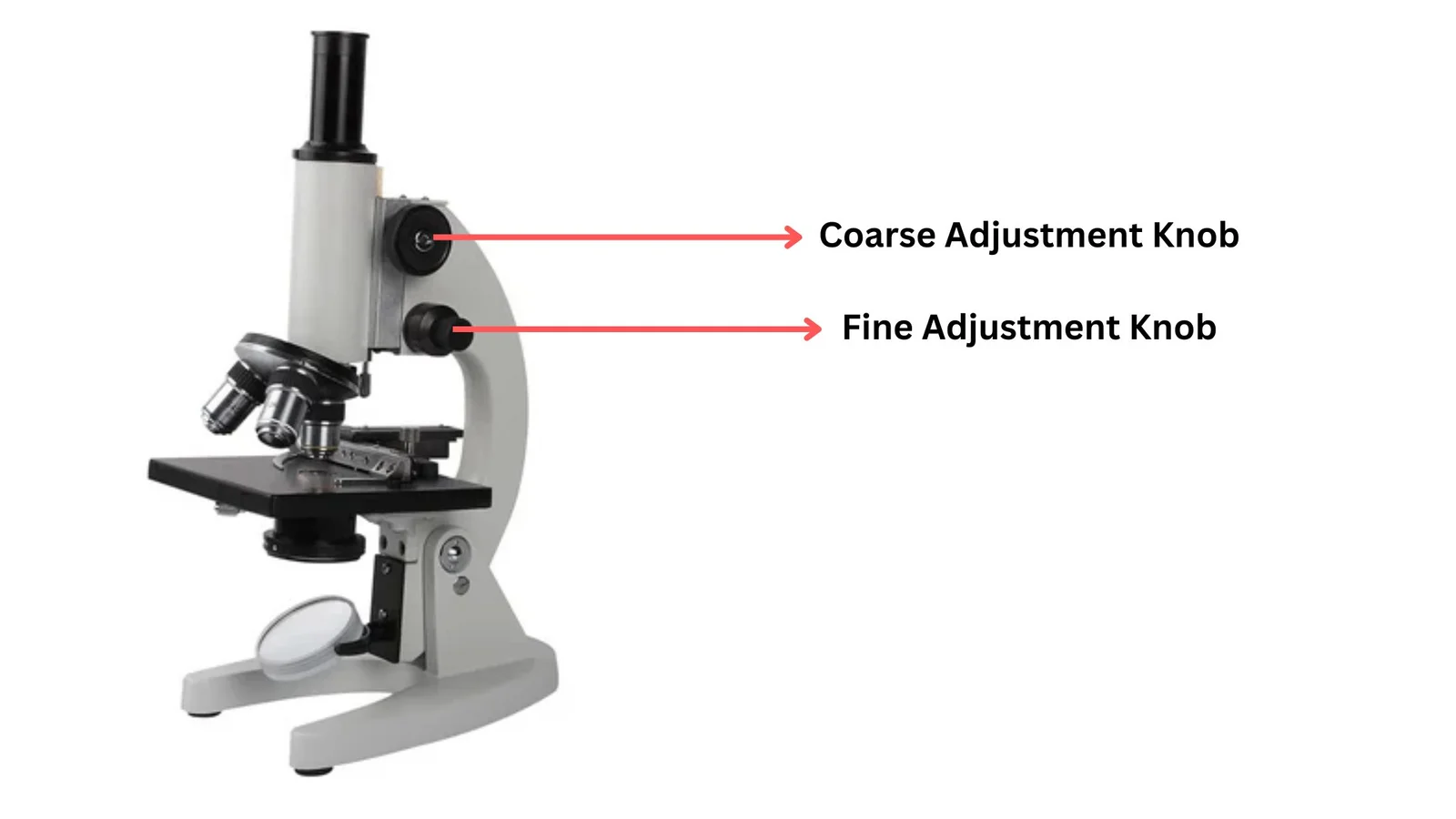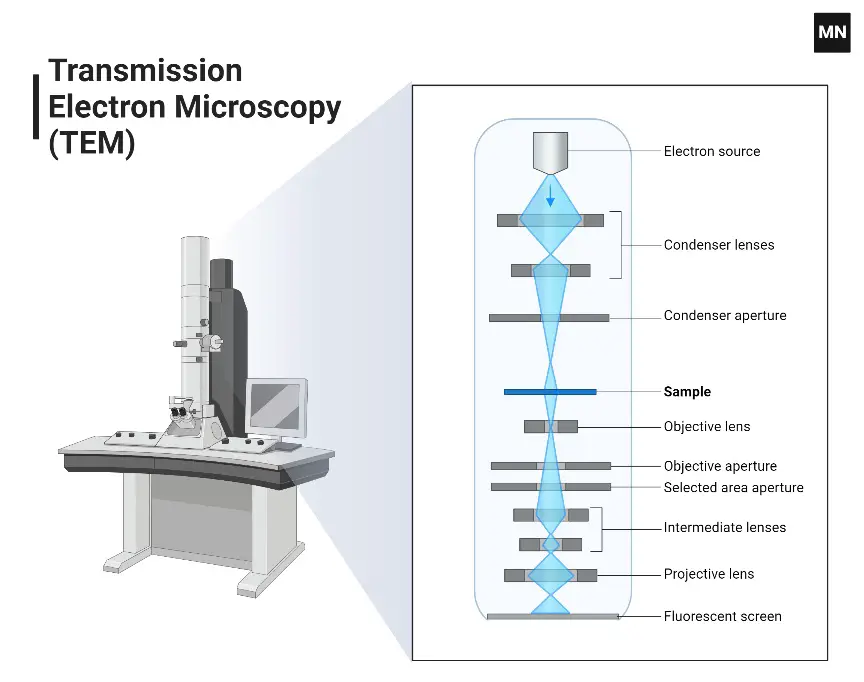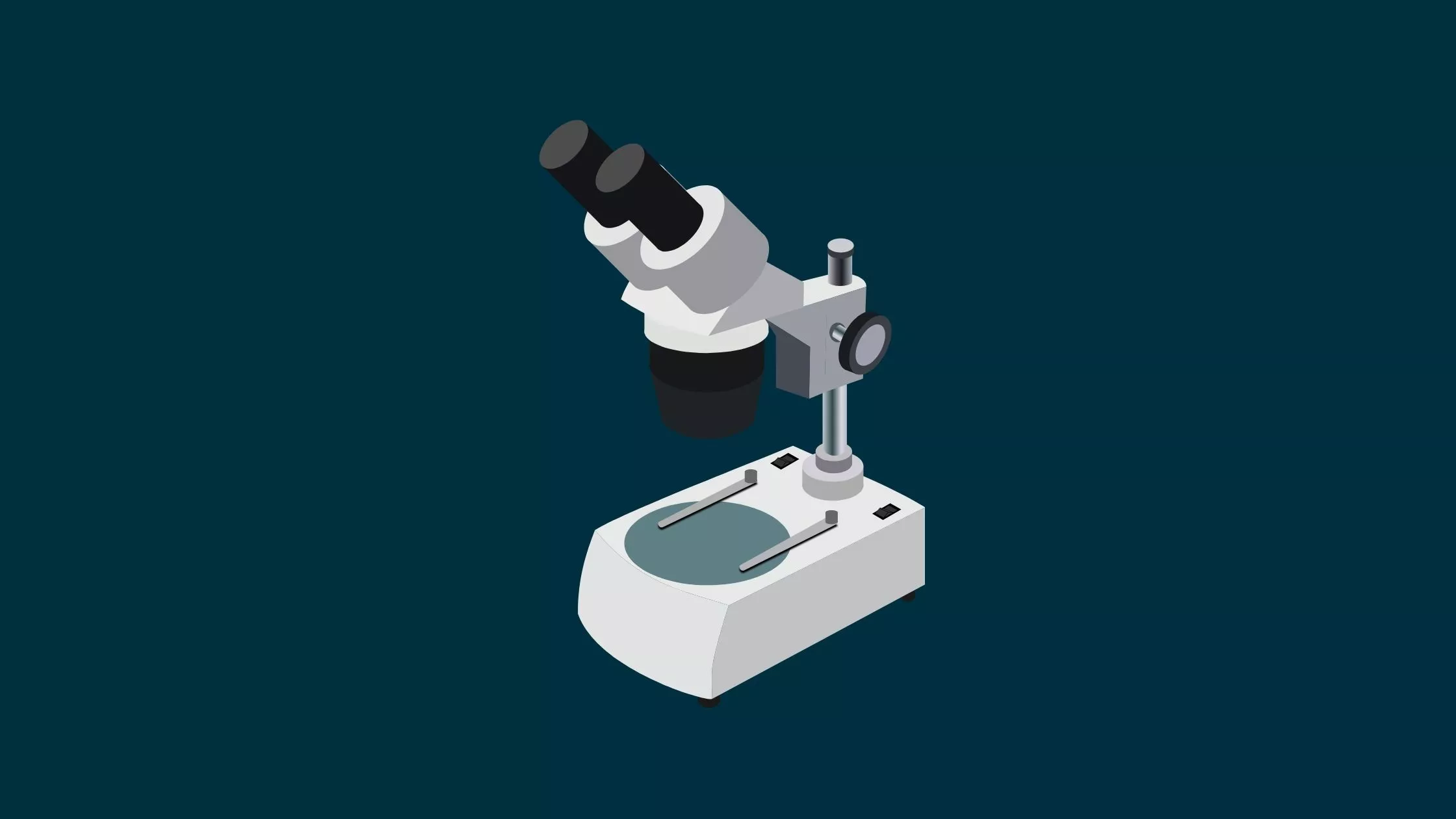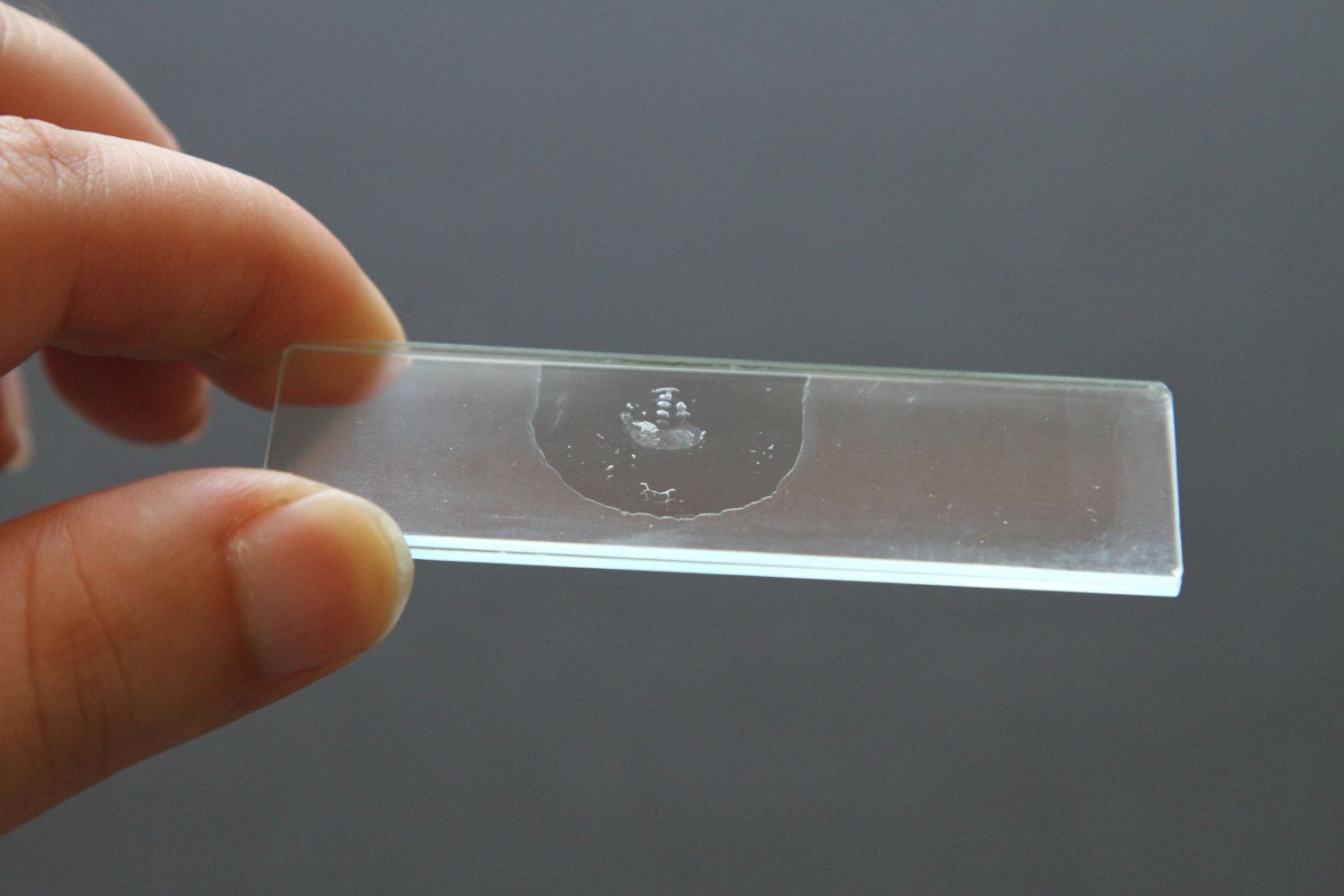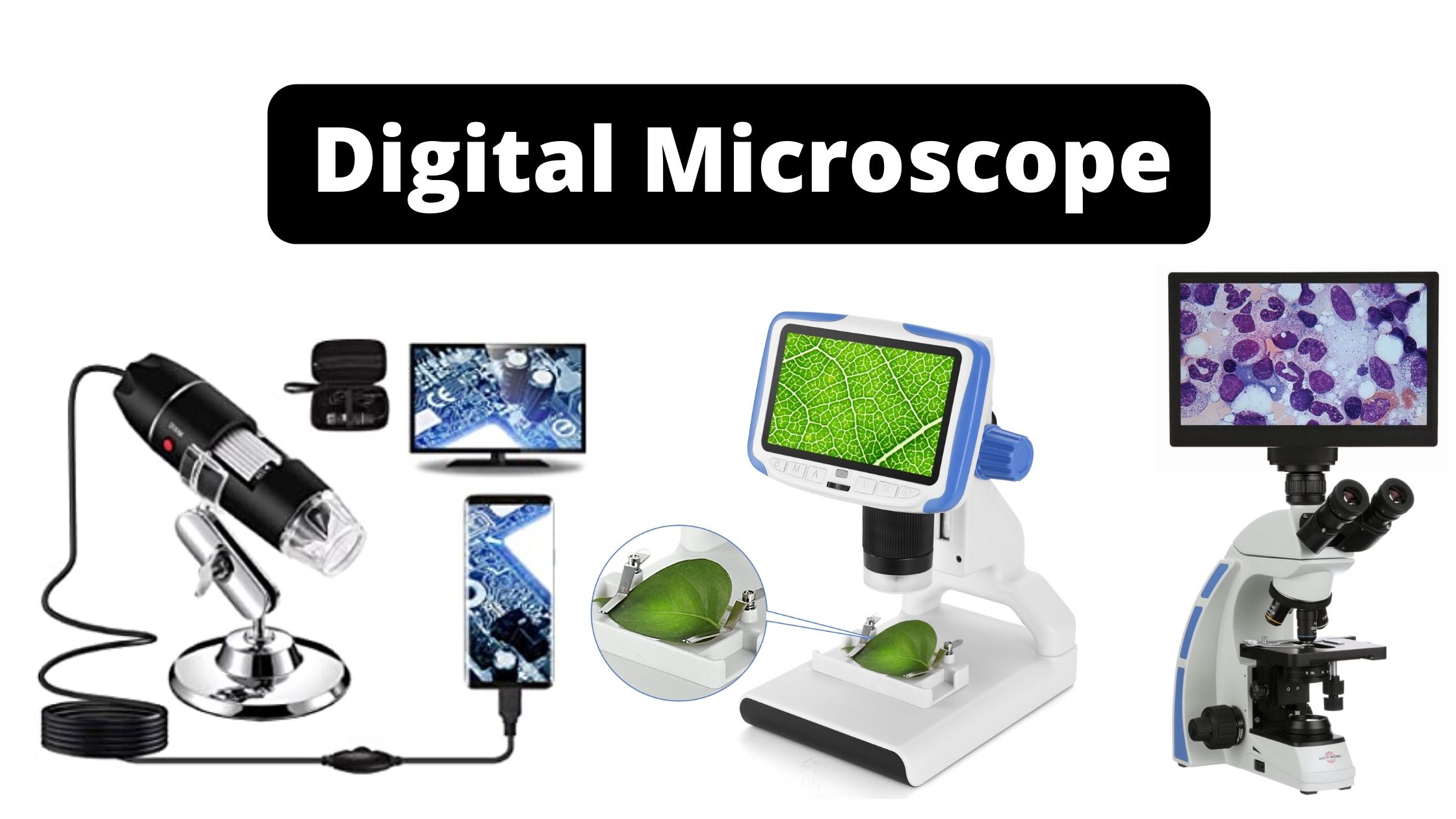Coarse Adjustment and Fine Adjustment Knob of Microscope
What is Fine Adjustment Knob? Particularly in high magnification levels, the fine adjustment knob is an essential part of a microscope as it helps to achieve exact and crisp focus. Particularly in the study of cells, microscopes are essential instruments in scientific inquiry as they let us view objects beyond our human sight. Under a … Read more
